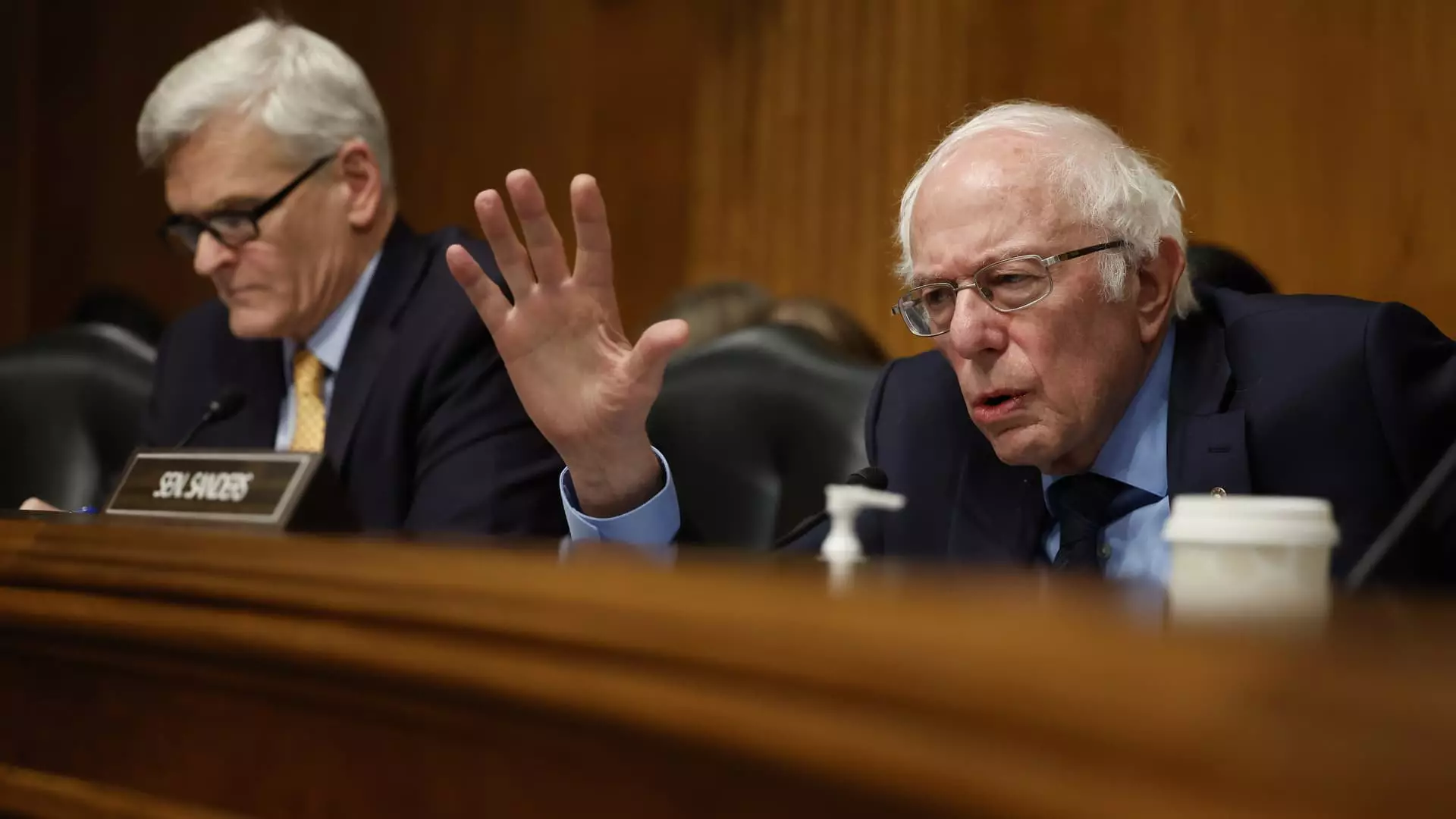The proposal for a 32-hour federal workweek has sparked a heated debate among lawmakers, with Sen. Bernie Sanders and Senate Democrats pointing to advances in artificial intelligence and automation as reasons to support the bill. Despite the growing technology and increased worker productivity, the reality is that millions of Americans are working longer hours for low wages. Sanders and his colleagues argue that reducing the standard workweek from 40 to 32 hours could lead to a better work-life balance for employees.
Sanders and Sen. Laphonza Butler introduced a bill that would gradually implement a 32-hour workweek over a four-year period. They emphasize that employers would still have to pay overtime compensation for any hours worked beyond the standard 32 hours. The goal is to ensure that total weekly wages are not reduced as a result of the shorter workweek. Supporters of the bill, like Rep. Mark Takano, believe that people should have more time for family and hobbies outside of work.
On the other hand, Republicans have expressed concerns about the potential impact of the bill on small businesses and industries that require longer hours of operation. Sen. Bill Cassidy argues that reducing work hours could lead to inflation and harm businesses that rely on being open six or more days per week. Sen. Mike Braun also believes that imposing such a mandate could be detrimental to the survival of many businesses.
During a hearing on the bill, experts presented conflicting views on the potential outcomes of a 32-hour workweek. Boston College sociology professor Juliet Schor suggested that both workers and management could experience increased productivity under the new system. She also noted that employees would likely see improvements in their overall well-being. Jon Leland, a chief strategy officer at Kickstarter, shared positive results from his company’s transition to a four-day workweek, including higher goal achievement rates and improved employee retention.
Despite the optimism surrounding a shorter workweek, there are dissenting voices like Liberty Vittert, who cast doubt on the long-term productivity gains associated with fewer work hours. Vittert disputed studies suggesting that productivity would continue to rise with a 32-hour workweek and warned that advances in AI could present unforeseen challenges. Sen. Cassidy proposed exploring AI’s impact on the economy in more depth, questioning whether widespread adoption of the technology would actually lead to reduced work hours for most employees.
The debate over a 32-hour federal workweek reflects larger conversations about the future of work and the impact of technological advancements on labor practices. While supporters of the bill argue for a better work-life balance and increased productivity, opponents raise concerns about the feasibility and potential consequences of such a significant change. As lawmakers continue to deliberate on the proposed legislation, the outcomes of this debate will have far-reaching implications for workers and businesses across the country.



Leave a Reply